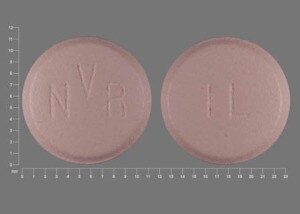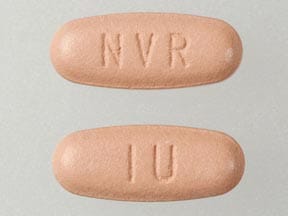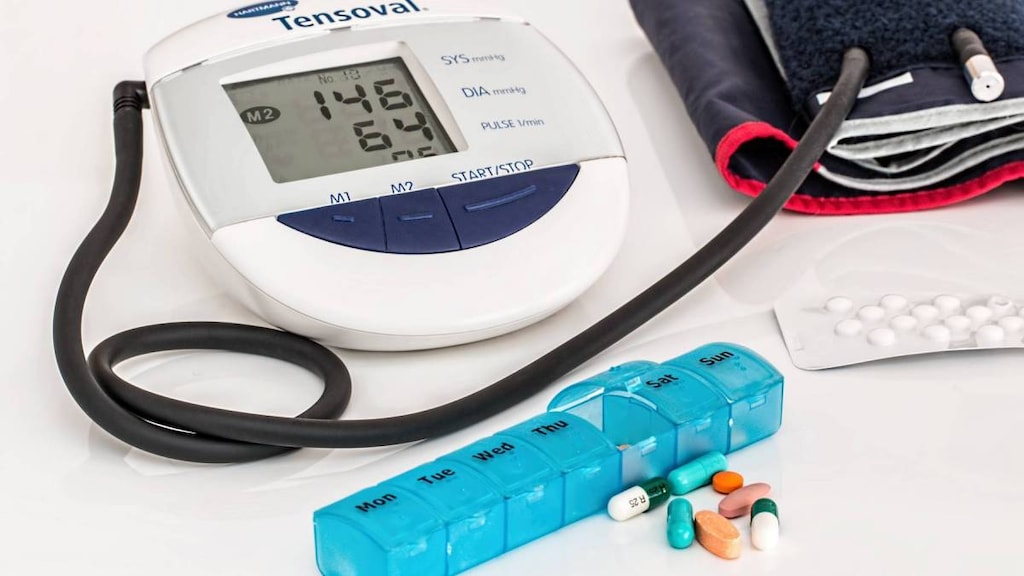What is Tekturna?
Tekturna is a prescription medicine used to treat high blood pressure (hypertension) in adults and children weighing 50 kg or greater who are at least 6 years of age to lower blood pressure.
It is not known if Tekturna is safe and effective in children under 6 years of age.
What is the most important information I should know about Tekturna?
Tekturna can cause harm or death to your unborn baby.
- Talk to your doctor about other ways to lower your blood pressure if you plan to become pregnant.
- If you become pregnant during treatment with Tekturna, stop taking Tekturna and tell your doctor right away.
What is high blood pressure (hypertension)?
Blood pressure is the force in your blood vessels when your heart beats and when your heart rests. You have high blood pressure when the force is too great. High blood pressure makes the heart work harder to pump blood through the body and causes damage to the blood vessels. Tekturna can help your blood vessels relax so your blood pressure is lower. Medicines that lower your blood pressure lower your chance of having a stroke or heart attack.
Who should not take Tekturna?
Do not take Tekturna if:
- you have diabetes and are taking a kind of medicine called an angiotensin receptor blocker (ARB) or angiotensin-converting enzyme inhibitor (ACEI).
- you are allergic to any of the ingredients in Tekturna. See the end of this leaflet for a complete list of the ingredients in Tekturna.
Do not give Tekturna to children less than 2 years of age.
What should I tell my healthcare provider before taking Tekturna?
Before taking Tekturna, tell your doctor about all of your medical conditions, including if you:
- have kidney or heart problems.
- have diabetes.
- have ever had an allergic reaction to another blood pressure medicine.
- are pregnant or plan to become pregnant. See “What is the most important information I should know about Tekturna?”
- are breastfeeding or plan to breastfeed. It is not known if Tekturna passes into your breast milk. You should not breastfeed during treatment with Tekturna.
Tell your doctor about all the medicines you take, including prescription and over-the-counter medicines, vitamins and herbal supplements. Especially tell your doctor if you are taking:
- a kind of medicine to control blood pressure called angiotensin receptor blocker (ARB) or angiotensin-converting enzyme inhibitor (ACEI).
- water pills (also called “diuretics”).
- cyclosporine (Gengraf, Neoral, Sandimmune)
- itraconazole (Onmel, Sporanox).
- potassium-containing medicines, potassium supplements, or salt substitutes containing potassium.
- nonsteroidal anti-inflammatory drugs (NSAIDs).
Ask your doctor if you are not sure if you are taking one of the medicines listed above.
Know the medicines you take. Keep a list of them to show your doctor or pharmacist when you get a new medicine. Your doctor or pharmacist will know what medicines are safe to take together.
How should I take Tekturna?
- Take Tekturna exactly as your doctor tells you to take it.
- Take Tekturna 1 time a day, about the same time each day.
- Your doctor may change your dose if needed.
What are the possible side effects of Tekturna?
Tekturna may cause serious side effects, including:
- See “What is the most important information I should know about Tekturna?”
- Serious allergic reactions that can be life threatening. Stop taking Tekturna and get emergency medical help right away and if you get any of these symptoms of a serious reactions during treatment with Tekturna:
- trouble breathing or swallowing
- chest tightness
- raised bumps (hives)
- rash
- swelling of the face, lips, tongue, throat, arms, legs or the whole body
- itching
- dizziness
- vomiting
- stomach (abdomen) pain
- Low blood pressure (hypotension). Your blood pressure may get too low if you also take water pills, are on a low-salt diet, sweat more than normal, receive dialysis treatments, have heart problems, or have vomiting or diarrhea. Lie down if you feel faint or dizzy and call your doctor right away.
- Kidney problems, including kidney failure. Tell your doctor if you urinate less.
- Increased potassium blood levels (hyperkalemia). Your doctor will check your potassium blood level during treatment with Tekturna.
The most common side effect of Tekturna is diarrhea.
These are not all of the possible side effects of Tekturna.
Call your doctor for medical advice about side effects. You may report side effects to FDA at 1-800-FDA-1088.
Tekturna Images
General information about the safe and effective use of Tekturna
Medicines are sometimes prescribed for purpose other than those listed in the Patient Information leaflet. Do not take Tekturna for a condition for which it was not prescribed. Do not give Tekturna to other people, even if they have the same symptoms that you have. It may harm them. You can ask your doctor or pharmacist for information that is written for healthcare professionals.
How should I store Tekturna?
- Store Tekturna at room temperature between 68°F to 77°F (20°C to 25°C).
- Keep Tekturna in the original container it comes in. Do not remove the desiccant (drying agent) from the bottle.
- Protect Tekturna from moisture.
Keep Tekturna and all medicines out of the reach of children.
What are the ingredients in Tekturna?
Tekturna is available as film-coated tablets, which contains 165.75 mg or 331.5 mg aliskiren hemifumerate (equivalent to 150 mg or 300 mg aliskiren).
Active ingredient: aliskiren hemifumarate
Tekturna tablets inactive ingredients: crospovidone, magnesium stearate, microcrystalline cellulose, povidone, silica, colloidal anhydrous, hypromellose, macrogol, talc, iron oxide, black (E172), iron oxide, red (E172), and titanium dioxide (E171).
For more information about Tekturna, go to www.Tekturna.com, or call 1-844-399-5701.







